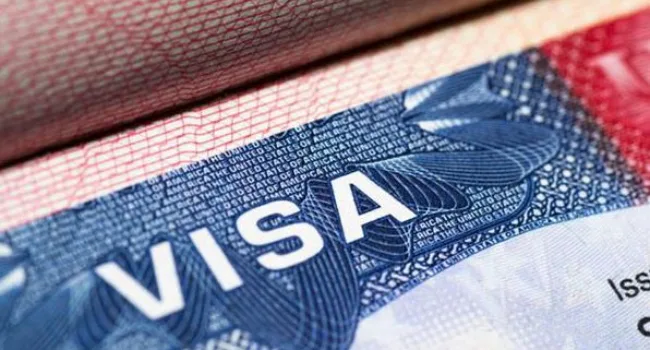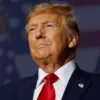US President Donald Trump on Friday signed a sweeping proclamation that raises the application fee for H-1B visas to $100,000, a move expected to significantly impact the technology sector, where these work permits are widely used.
The new measure, which may face legal challenges, was announced alongside the launch of a new $1 million “gold card” residency program, aimed at attracting high-net-worth individuals — a policy Trump had teased earlier this year.
“The main thing is, we’re going to have great people coming in, and they’re going to be paying,” Trump told reporters during the signing ceremony in the Oval Office.
H-1B visas allow US companies to employ foreign workers in specialized roles — including scientists, engineers, and software developers — for an initial period of three years, renewable up to six. The US currently issues 85,000 H-1B visas annually through a lottery system, with Indian nationals receiving approximately 75% of those approvals.
The tech industry, particularly large firms, relies heavily on Indian talent — many of whom relocate or travel frequently between India and the US.
Critics of the new policy, including tech entrepreneurs and former Trump ally Elon Musk, have warned that targeting H-1B visas could worsen talent shortages in the US tech sector.
“All the big companies are on board,” said Commerce Secretary Howard Lutnick, who joined Trump at the signing.
Controversial fee increase
Under the new proclamation, the $100,000 H-1B visa application fee will take effect beginning Sunday, though the Secretary of Homeland Security has discretion to exempt individuals, entire companies, or even whole industries. The measure is set to expire after one year, unless extended by the president.
The order is the latest move in Trump’s broader immigration crackdown during his second term. During his first term, efforts to restrict H-1B eligibility faced strong opposition and were struck down in court.
Recent years have seen sharp increases in H-1B demand. In 2024, the US approved nearly 400,000 H-1B visas, two-thirds of which were renewals. The highest rejection rates were recorded in 2018, during Trump’s first term.
New “gold card” pathway to residency
In a related move, Trump also unveiled a new expedited residency pathway under which individuals can secure US permanent residence for $1 million, or $2 million if sponsored by a corporation.
“I think it’s going to be tremendously successful,” Trump said of the program.
The dual announcements represent a significant shift in US immigration policy — combining tightened restrictions on skilled worker visas with open doors for wealthy individuals — and have already sparked debate over fairness, economic strategy, and national interest.
AFP


